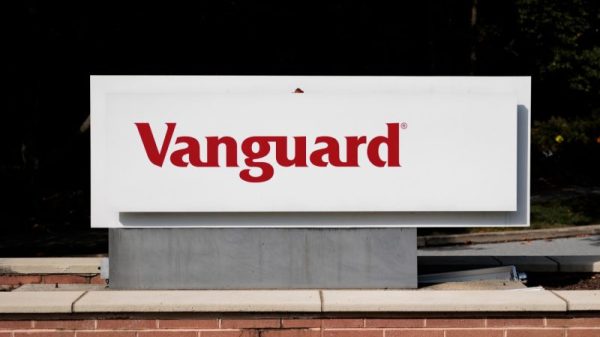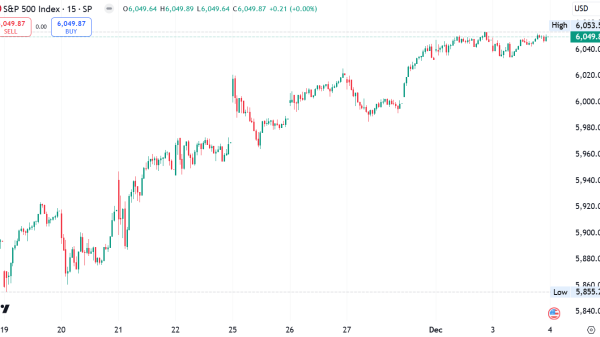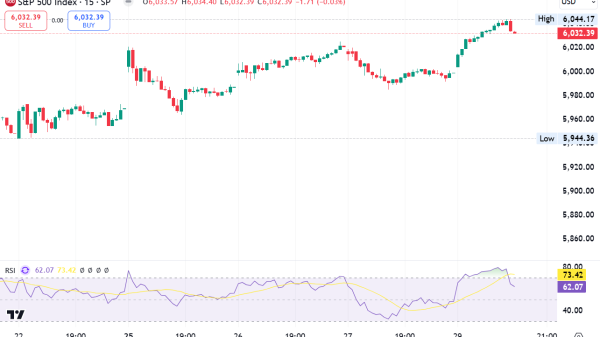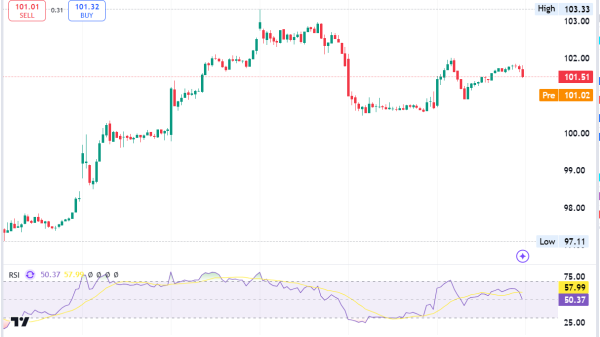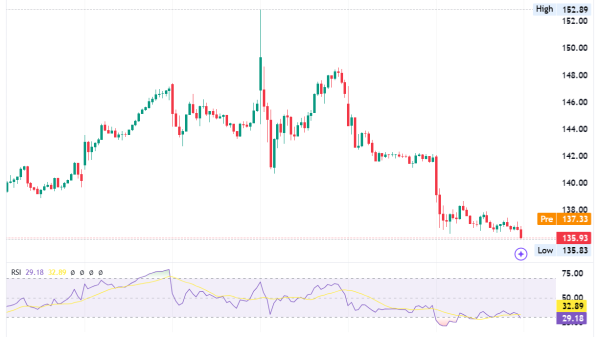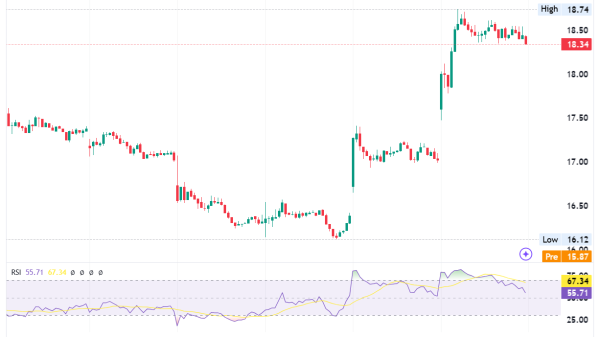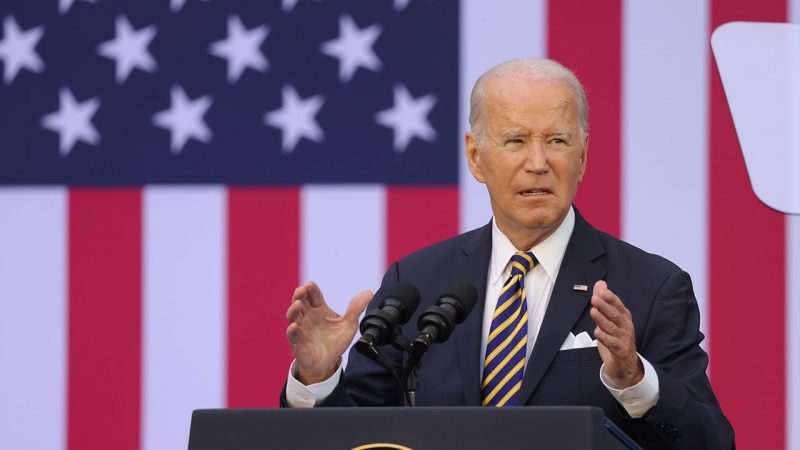President Biden took to Twitter Monday to tout his economic policies and the impact ‘Bidenomics’ was having on workers’ wages over the last two years. His self-praise was short-lived, however, as Twitter fact-checkers said it ‘contains a factual error.’
‘Right now, real wages for the average American worker is higher than it was before the pandemic, with lower wage workers seeing the largest gains,’ the president wrote on Twitter. ‘That’s Bidenomics.’
Twitter’s Community Notes added context for readers that said: ‘The tweet’s claim about real wages contains a factual error.’
‘On 3/15/20 when US COVID lockdowns began real wages adjusted for inflation (AFI) were $11.15. As of 7/16/23 real wages AFI are $11.05,’ the Twitter note continued. It added: ‘Real wages AFI remain lower (not higher) than before the pandemic.’
Several users commented on the tweet, pointing out that inflation has risen to a historic high under the Biden administration.
The Republican Party responded, ‘Since Biden took office, real wages are down 3%.’
In June, Biden claimed he cut the deficit by $1.7 trillion, which the Washington Post rated ‘highly misleading,’ and the claim was similarly scrutinized by other fact-checkers. He also touted the impact of the new 988 suicide hotline, which was signed into law by former President Trump, and previously said healthcare was ‘a right not a privilege in this country.’ Twitter’s Community Notes said Biden has ‘never publicly supported universal healthcare or Medicare for All, and has suggested he would veto bills that implement such a system.’
Biden’s praise for his own economic policies comes as he is seeking re-election in 2024. He has spent recent weeks traveling from Maryland to Illinois to New York for a series of speeches and campaign receptions, where he peddled ‘Bidenomics’ and its alleged impact.
However, economists and voters remain unconvinced. Some economists who spoke with Fox News Digital equated the president’s economic policy to excessive spending and inflation.
‘Bidenomics has been defined by 40-year-high inflation, record drops in labor productivity, anemic economic growth, growing credit card debt, rising interest rates, insipid labor force participation, onerous regulation, falling real incomes, and runaway government spending, borrowing, and printing of money,’ EJ Antoni, a research fellow for the Heritage Foundation’s Grover M. Hermann Center for the Federal Budget, told Fox News Digital. ‘Distilled down to a single word, Bidenomics means ‘failure.’’
‘They spend like drunken sailors — that is what’s causing problems,’ Desmond Lachman, a senior fellow at the American Enterprise Institute, told Fox News Digital. ‘It’s easy to get unemployment down for a short period of time, but it’s difficult for a long period of time. The way they got it down so much is by overstimulating the economy, but now they have inflation.’
A Fox News poll from May found nine in 10 voters remain worried about inflation and the future of the economy.
According to the poll, 90% remain worried about higher prices while 88% are concerned about the future of the country.
The poll found Republicans are increasingly worried through three years of Biden at the helm of the country, while Democrats are only slowly rallying behind him.
Among Republicans, 96% said they were concerned about the future of the country. In 2017, 74% of Republicans said the same. In 2017, 91% of Democrats said they were worried and that figure has fallen to 83% under Biden.
‘With a Democrat in the White House, it’s no surprise that Republican concern about the future of the country is higher than it was in 2017,’ said Democratic pollster Chris Anderson, whose company Beacon Research conducts the Fox News Poll with Republican Daron Shaw. ‘But Democratic concern hasn’t fallen as fast as Republican concern has risen, so we have a particularly worried electorate heading into the 2024 elections.’
Biden’s approval rating on the economy was just 32%.
Biden took office in January 2021 with an inflation rate of a little over 1%, which hiked to 9% by June 2022, and has since fallen to 3%. The figure still exceeds the Federal Reserve’s desired 2%.
Fox News’ Patrick Hauf and Victoria Balara contributed to this report.
–>








